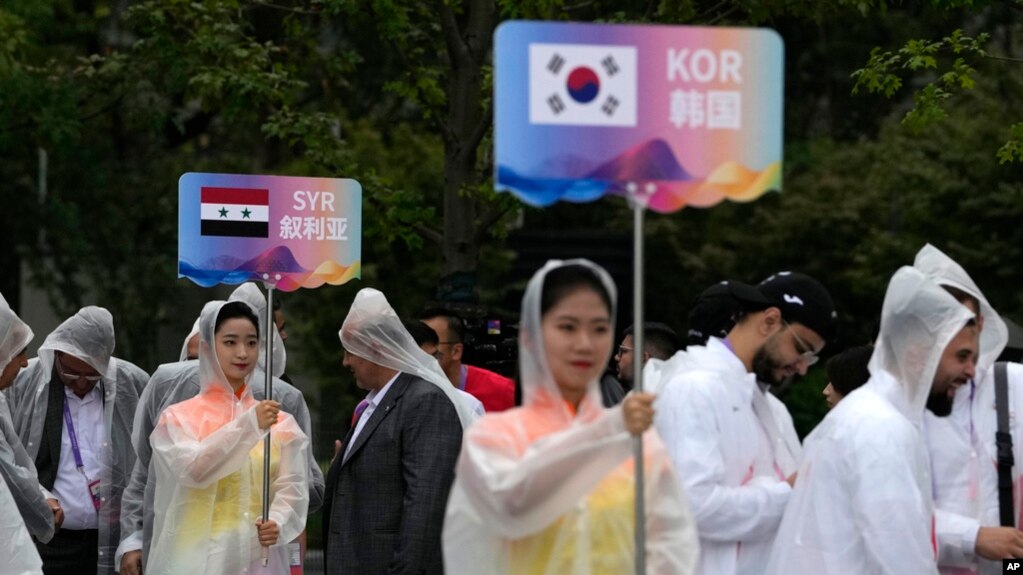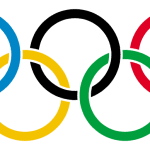The 19th Asian Games, which were postponed by a year due to COVID-19, will officially begin on Saturday in Hangzhou with competitors aiming to make a name for themselves.
The Games, which will include more than 12,000 athletes from 45 nationalities participating across a massive schedule of 40 sports, will be China’s first major event since the COVID-restricted Beijing Winter Olympics last year.
Hangzhou promises to be a more festive occasion and a pleasant diversion from the housing market difficulties and high youth unemployment that have beset the domestic economy once China’s “zero-COVID” policy is scrapped in late-2022.
Fans, athletes and officials will move freely between shiny, new stadiums in Hangzhou and five other Yangtze River Delta cities in one of the country’s most prosperous regions.
Local organisers will hope that, like the 2008 Beijing Olympics and the 2010 Asian Games in Guangzhou, Hangzhou can demonstrate the nation’s might and that Chinese athletes will once again lead the medals table, as they have done in the previous ten editions.
Esports will be a medal event for the first time after being a demonstration event at the 2018 Asian Games in Jakarta.
Fans, athletes and officials will move freely between shiny, new stadiums in Hangzhou and five other Yangtze River Delta cities in one of the country’s most prosperous regions.

Though organisers scrapped a controversial plan to allow Russian and Belarusian athletes to compete at Hangzhou, the continental bloc is riven with geopolitical tensions that could spill over in competition and in the stands.
Relations between Japan and China have plunged since Tokyo released treated radioactive water from a wrecked nuclear power plant into the Pacific Ocean, and the Japanese Olympic Committee said it hopes its athletes will “avoid any trouble”.
North Korea is sending a nearly 200-strong squad to Hangzhou, bringing the country’s seclusion from world sport since the COVID-19 pandemic to a conclusion.
Despite the fact that women’s sports are essentially prohibited in Taliban-ruled Afghanistan, the country will be represented by 17 female athletes in cycling, volleyball, and athletics, thanks to funding from the Olympic Council of Asia (OCA) and the International Olympic Committee (IOC).
Archery, boxing, breaking, hockey, sailing, tennis, and water polo are among the nine sports in Hangzhou that offer the added incentive of Olympic qualification.













